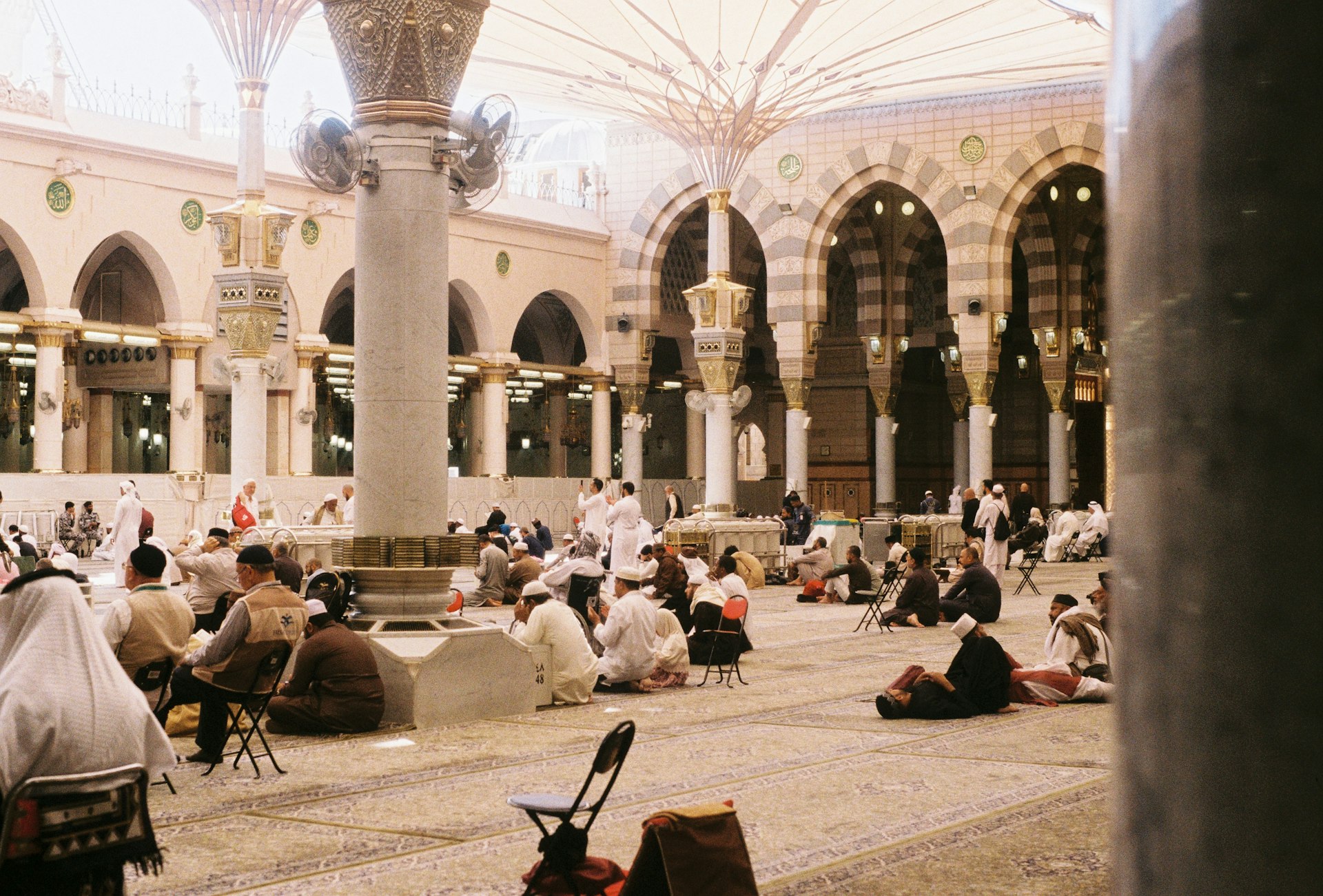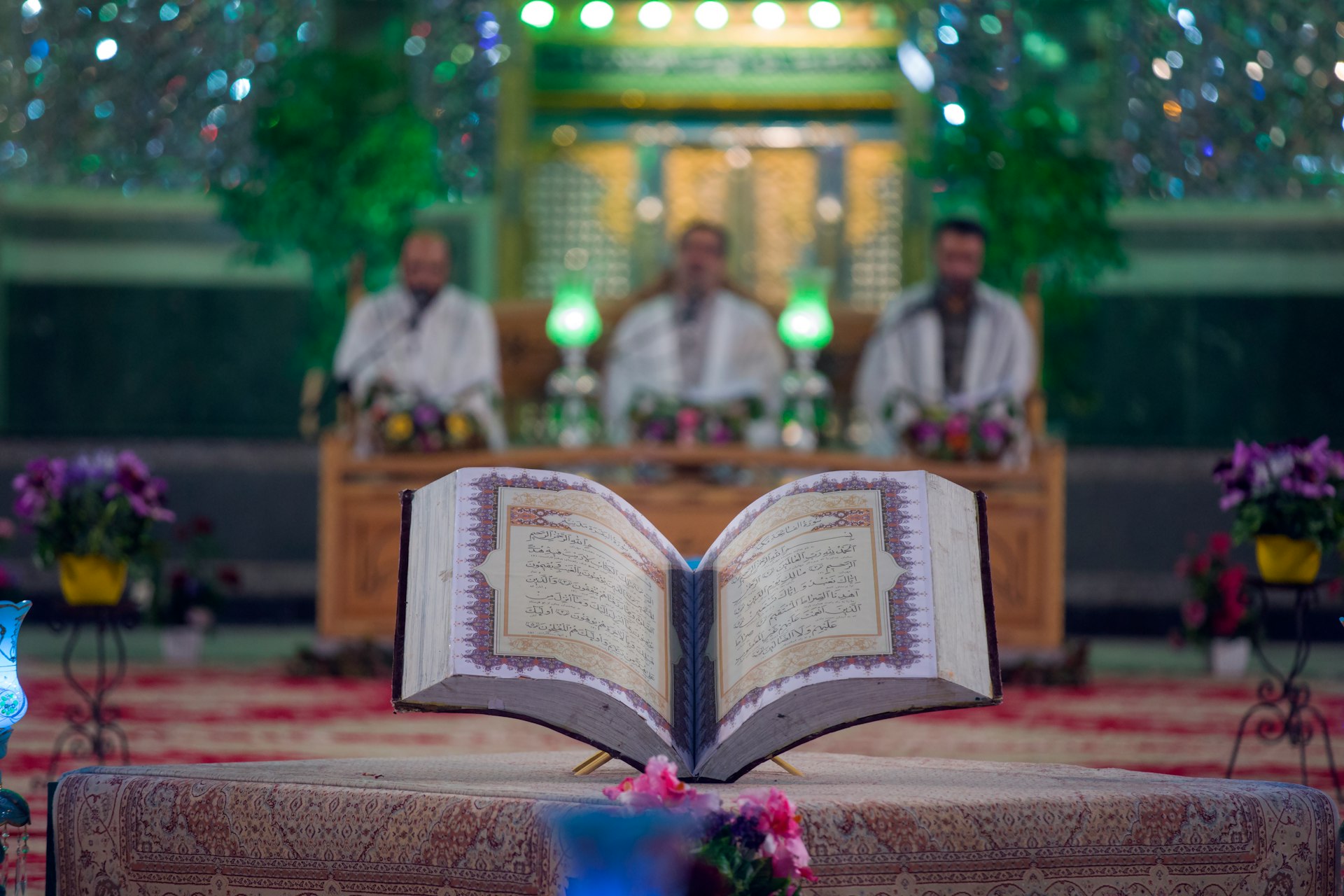🌙 A Sacred New Beginning: Welcoming the Islamic Hijri Year & the Month of Muharram

The first crescent moon appears in the night sky, quietly marking something powerful: a new Islamic year has begun. Known as Hijri New Year, this moment carries centuries of history, meaning, and hope.
But unlike fireworks and countdowns, the Hijri year begins with reflection—and with one of the most sacred months in Islam: Muharram.
🌑 What is the Hijri Year?

The Islamic (Hijri) calendar began over 1,440 years ago, starting from the Hijra (migration) of the Prophet Muhammad ﷺ from Mecca to Medina in 622 CE. This was more than just a journey; it was the birth of a new society based on faith, justice, and community.
Muslims across the world still use this lunar calendar, where each month begins with the sighting of the new moon. The year is 354 or 355 days long, which means the Hijri New Year moves about 10–12 days earlier each Gregorian year.
🕊️ Why Muharram Matters

Muharram is the first month of the Hijri calendar, and one of the four sacred months in Islam, alongside Dhul-Qi‘dah, Dhul-Hijjah, and Rajab.
The word "Muharram" means "forbidden", because fighting and conflict were traditionally avoided during this month. But that’s just the beginning. Here’s why Muharram is so deeply respected:
1. The Day of Ashura (10th Muharram)
Ashura is one of the most meaningful days in Islamic history.
- According to authentic Hadiths, the Prophet Muhammad ﷺ used to fast on this day, as it marks the day Allah saved Prophet Musa (Moses) and the Children of Israel from Pharaoh. The Prophet ﷺ said fasting on this day expiates the sins of the past year.
- For many, especially within the Shi'a tradition, Ashura is also a day of deep mourning. It marks the martyrdom of Imam Hussain, the Prophet’s grandson, in the tragic Battle of Karbala. It is a moment of sorrow, but also of strength, sacrifice, and truth.
2. A Month of Reward
Good deeds in Muharram carry extra weight. It’s a time to renew intentions, fast (especially the 9th and 10th or the 10th and 11th of Muharram), pray, and reflect on spiritual growth.
💭 A Time to Reflect, Not Just Celebrate

Unlike other new year celebrations, the Islamic New Year isn't just about turning a calendar page. It’s about looking inward.
- What lessons can we take from the Hijra?
- How can we show more patience, more compassion, more courage like Imam Hussain?
- How can we make this new year spiritually better than the last?
The new year is a fresh chapter, and Muharram sets the tone. Whether you're fasting, reading about Islamic history, or simply pausing for reflection, you're stepping into something timeless.
✨ Make This Muharram Meaningful
Here are 5 ways you can engage with Muharram meaningfully:
- 🕌 Fast on Ashura and the day before or after
- 📖 Read about the Hijra and the story of Karbala
- 💬 Discuss the values of sacrifice and truth with family or friends
- 🤲 Make dua for the new year — for peace, guidance, and blessings
- 🌙 Mark your calendar with key Islamic dates for the year ahead
🌟 A New Year, A New You
So let’s welcome this Hijri year not just with greetings, but with intention and awareness. The sacred month of Muharram is here to remind us that time is precious—and that beginnings are always an opportunity to return to what matters most.
May your year be filled with peace, faith, and purpose.
كل عام وأنتم بخير!
Hijri New Year Vibes: What Makes Muharram So Special?